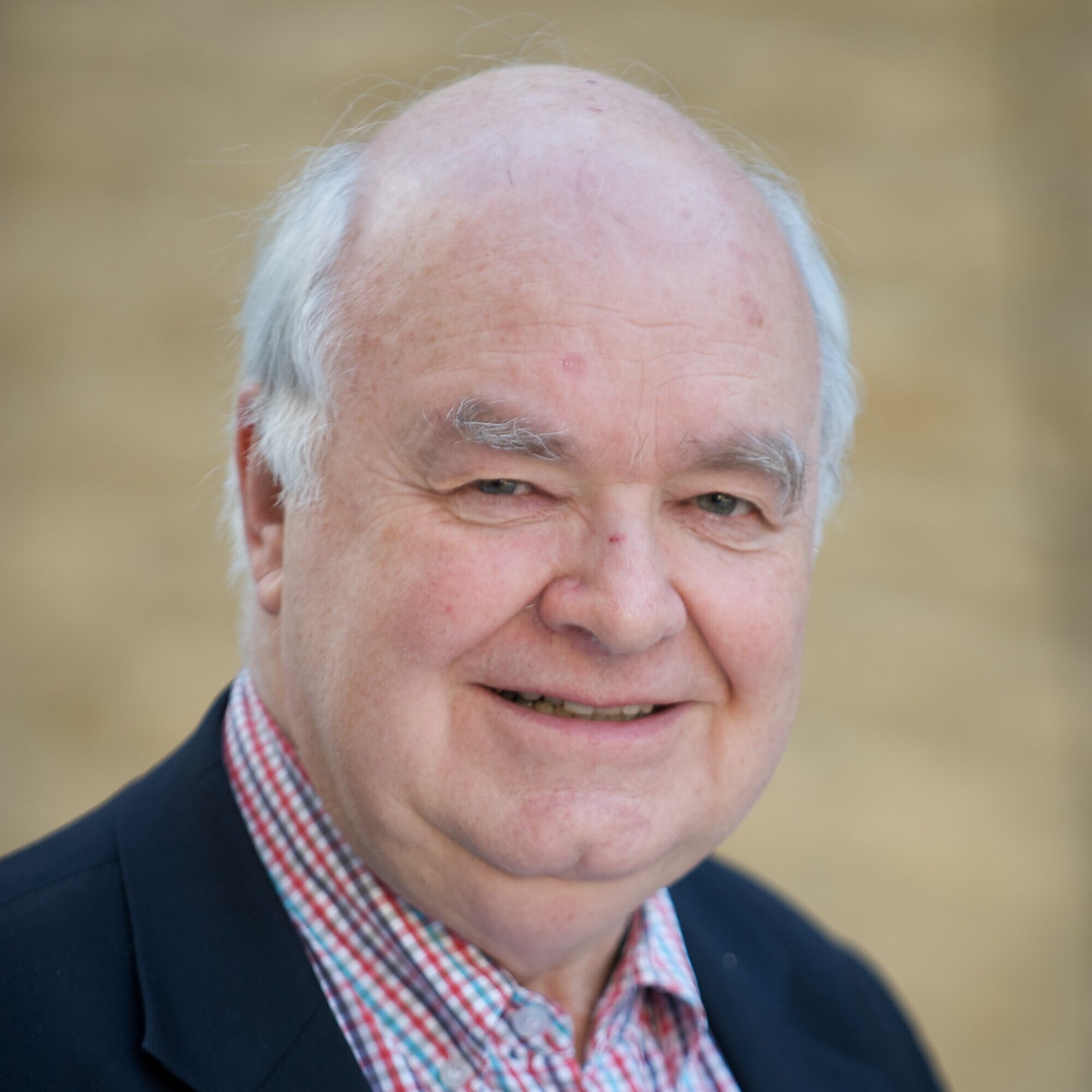John Lennox
 Dr. John Lennox
Dr. John Lennox
Professor Emeritus of Mathematics, University of Oxford
Oxford, UK
About the Presentation
Artificial Intelligence & The Future of Humanity
- Mapping Out the Territory
- First Big Question: Where do we come from?
- Second Big Question: Where are we going?
- Narrow Artificial Intelligence: The Future is Bright?
- Narrow Artificial Intelligence: Perhaps The Future is no so Bright After All?
- Upgrading Humans
- Artificial General Intelligence: The Future is Dark?
- The Origin of the Human Moral Sense
- The True Homo Deus
- Future Shock: The Return of the Man who is Good
- Homo Deus in the Book of Revelation
- The Time of the End
Biblical Principles on Work, Wealth & Wisdom
- Creation and Sabbath
- Motivation
- A Fisherman seeks God’s Kingdom
- Secular or Sacred?
- Gospel Patrons
- Wealth Management
- Work’s Eternal Rewards
Biblical Leadership: Daniel and Being Against the Flow
- The Relevance of the Book of Daniel
- Questions of Values and Identity
- The Worldview of Babylon
- When the state becomes God
- The Testimony of Nebuchadnezzar
- The Writing on the Wall
- Being Against the Flow
Societal Leadership: Being a Difference-Maker in Your Spheres of Influence
- Half A Century of Engagement: From CS Lewis to the New Atheists
- Plato’s “The Allegory of the Cave” and “The Ring of Gyges”
- Defending the Faith & Being in the Public Square
- Biblical Foundation
- Conviction of Your Calling
- Issues When Being Salt & Light
- Ethics and Absolutes
- Engaging with a Hostile Culture
- Science & Faith: Implications for All Christians
- Apologetics in the Marketplace
About the Presenter
He studied at the Royal School Armagh, Northern Ireland and was Exhibitioner and Senior Scholar at Emmanuel College, Cambridge University from which he took his MA, MMath and PhD. He worked for many years in the Mathematics Institute at the University of Wales in Cardiff which awarded him a DSc for his research. He also holds an MA and DPhil from Oxford University (by incorporation) and an MA in Bioethics from the University of Surrey. He was a Senior Alexander Von Humboldt Fellow at the Universities of Würzburg and Freiburg in Germany.
He has lectured extensively in North America, Eastern and Western Europe and Australasia on mathematics, the philosophy of science and the intellectual defence of Christianity. He has written a number of books on the interface between science, philosophy and theology. These include God’s Undertaker: Has Science Buried God? (2009), God and Stephen Hawking, a response to The Grand Design (2011), Gunning for God, on the new atheism (2011), and Seven Days that Divide the World, on the first chapters of Genesis (2011). He has also written a number of books exploring biblical themes, including Against the Flow (2015), on the topic of Daniel, Determined to Believe? (2017), on the the subject of free will and God’s sovereignty, Joseph (2019), on the story in Genesis, and the ‘Key Bible Concepts’ series, co–written with David Gooding (in the 1990s). His most recent titles are Have no Fear (2018), on evangelism today, Can Science Explain Everything? (2019), on the relationship between science and Christianity, and the six–part ‘Quest for Reality and Significance’ series co–written by David Gooding (2018–9). Furthermore, in addition to over seventy published mathematical papers, he is the co–author of two research level texts in algebra in the Oxford Mathematical Monographs series.
He debated Richard Dawkins on “The God Delusion” in the University of Alabama (2007) and on “Has Science buried God?” in the Oxford Museum of Natural History (2008). He has also debated Christopher Hitchens on the New Atheism (Edinburgh Festival, 2008) and the question of “Is God Great?” (Samford University, 2010), as well as Peter Singer on the topic of “Is there a God?” (Melbourne, 2011). Furthermore, he has participated in public discussions on similar topics with many other academics on campuses around the world.
His hobbies are languages, amateur astronomy, amateur bird–watching and some walking. John is married to Sally, they have three grown up children and nine grandchildren and live near Oxford.